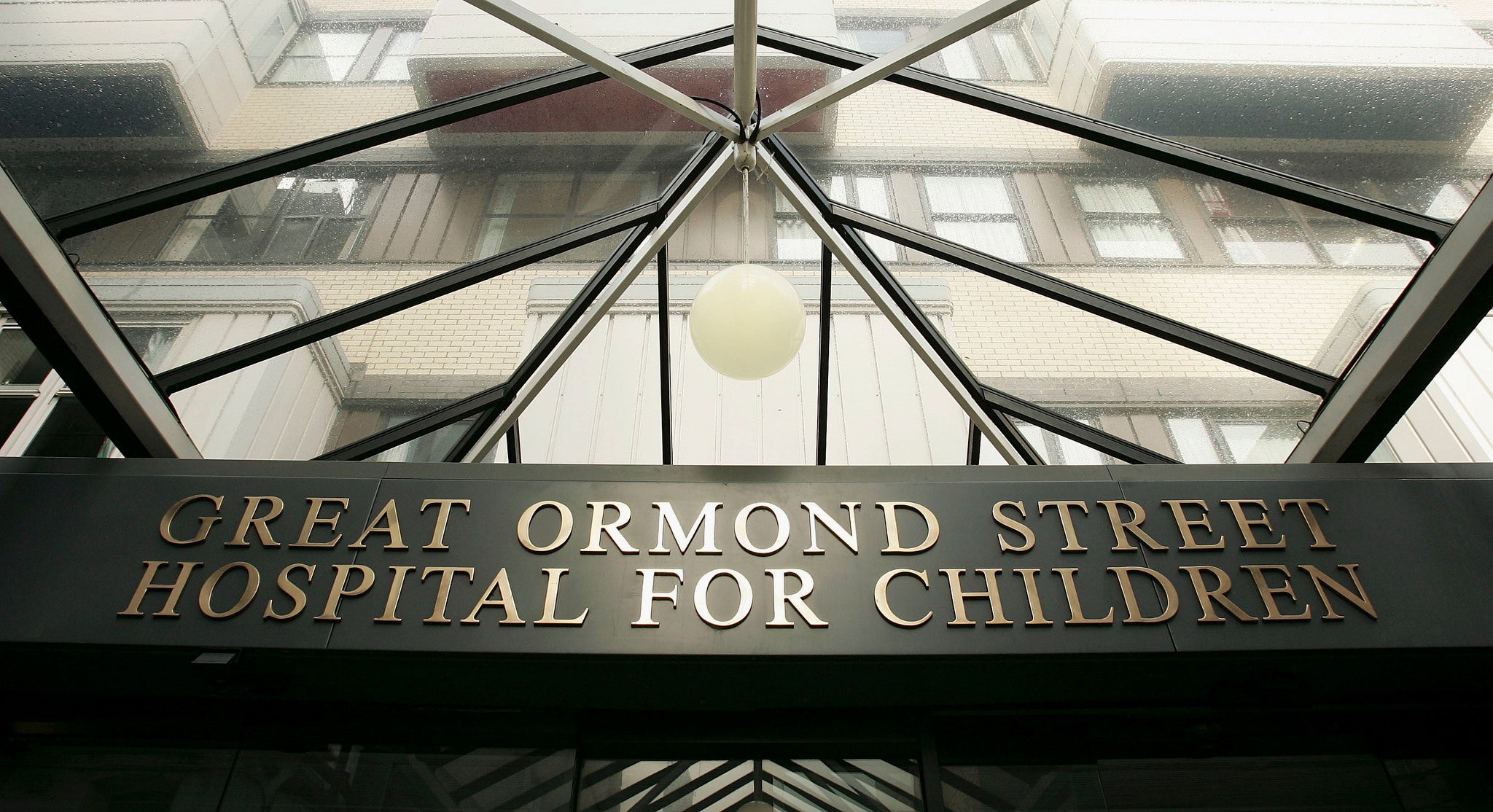Sheikha Fatima: Wealthy UAE widow gifts £60million to Great Ormond Street Hospital
Sheikha Fatima bint Mubarak's gift is one of the largest ever received by the children's hospital

Your support helps us to tell the story
From reproductive rights to climate change to Big Tech, The Independent is on the ground when the story is developing. Whether it's investigating the financials of Elon Musk's pro-Trump PAC or producing our latest documentary, 'The A Word', which shines a light on the American women fighting for reproductive rights, we know how important it is to parse out the facts from the messaging.
At such a critical moment in US history, we need reporters on the ground. Your donation allows us to keep sending journalists to speak to both sides of the story.
The Independent is trusted by Americans across the entire political spectrum. And unlike many other quality news outlets, we choose not to lock Americans out of our reporting and analysis with paywalls. We believe quality journalism should be available to everyone, paid for by those who can afford it.
Your support makes all the difference.A wealthy Emirati woman has donated £60.2million to Great Ormond Street Hospital.
Her Highness Sheikha Fatima bint Mubarak, who is the widow of the United Arab Emirates founder Sheikh Zayed bin Sultan Al Nahyan, said she gifted the money to “improve the health of future generations.”
The sum will be used towards the building of a new centre dedicated to the research and treatment of rare genetic diseases such as heart or respiratory conditions.
It is expected to be the first of its kind when it opens in 2018, with over 500 academics, clinicians and lab assistants being housed in the new facility.
“The most important work that we can undertake as a global society is to improve the health of future generations so that communities can thrive and grow,” Sheikha Fatima said, according to The National.
“To reach this goal, we must form collaborative partnerships that have the potential to benefit all children.”
A representative of Sheikha Fatima, Professor Maha Barakat, visited the hospital and its patients last week upon the announcement.
Philanthropist Sheikha Fatima is the Head of the UAE’s General Women’s Union and the Chairwoman of its Family Development Foundation.
She is often referred to as the “Mother of the Nation” and was earlier this year commended by a delegation from the United Nations’ Food and Agriculture Organisation (FAO) for her efforts in improving schoolchildren’s nutrition.
“We see a lot of children with rare diseases so they’re relatively common,” said Bobby Gaspar, Professor of Paediatrics and Immunology and Honorary Consultant at Great Ormond Street Hospital.
“There’s not been a physical centre like this dedicated to looking at new treatments and new ways of improving the lives of children with rare diseases as far as we know,” Professor Gaspar said.
“There’s no physical entity dedicated to these particular conditions so we’re very excited that we’ll bring researchers and children together to focus on research that will benefit these individuals.”
Join our commenting forum
Join thought-provoking conversations, follow other Independent readers and see their replies
Comments